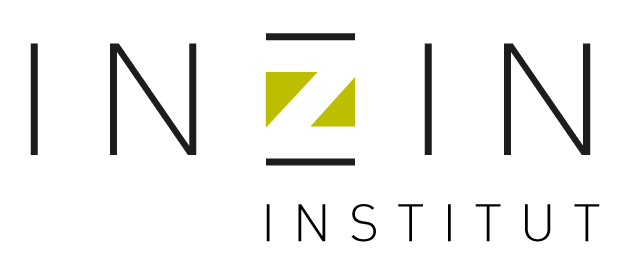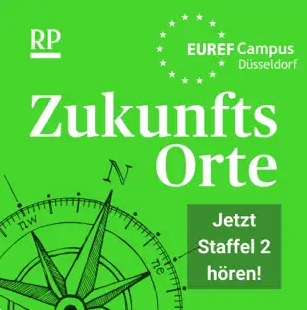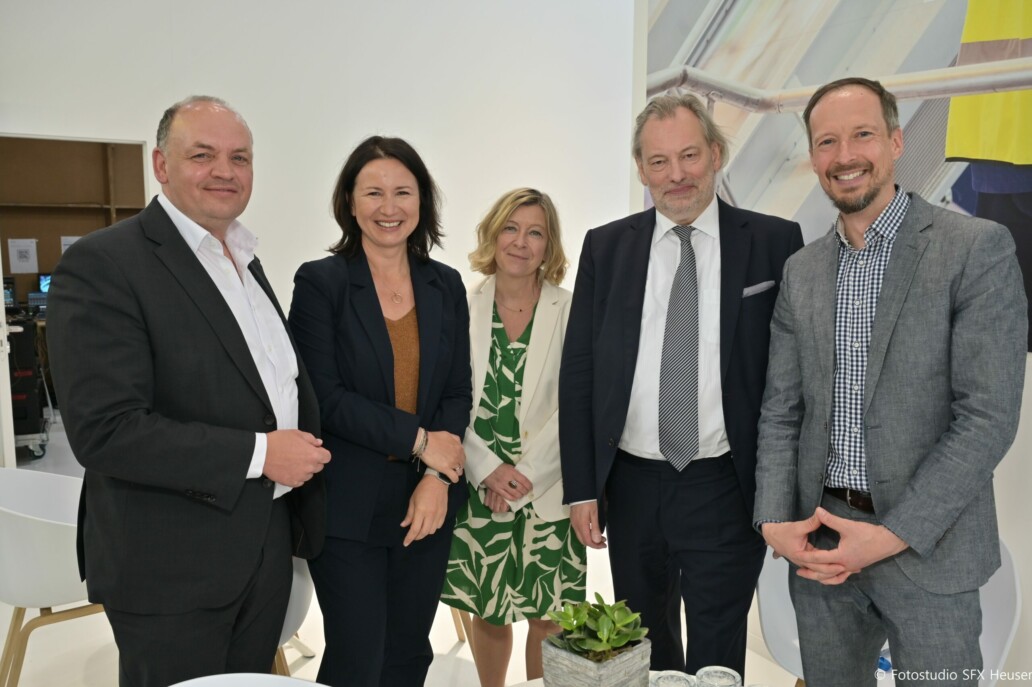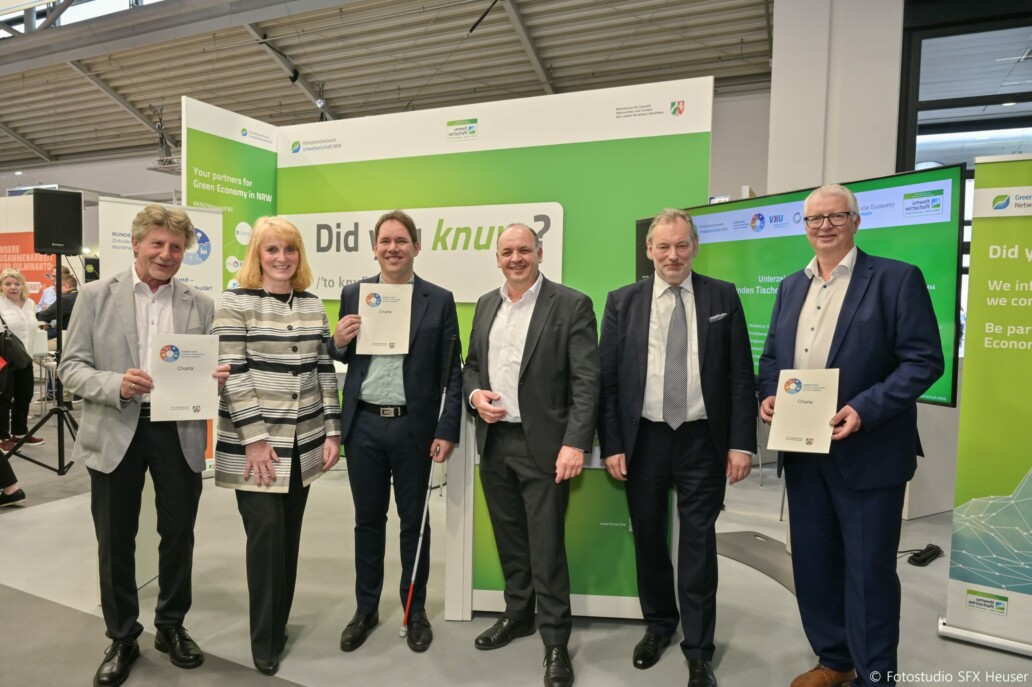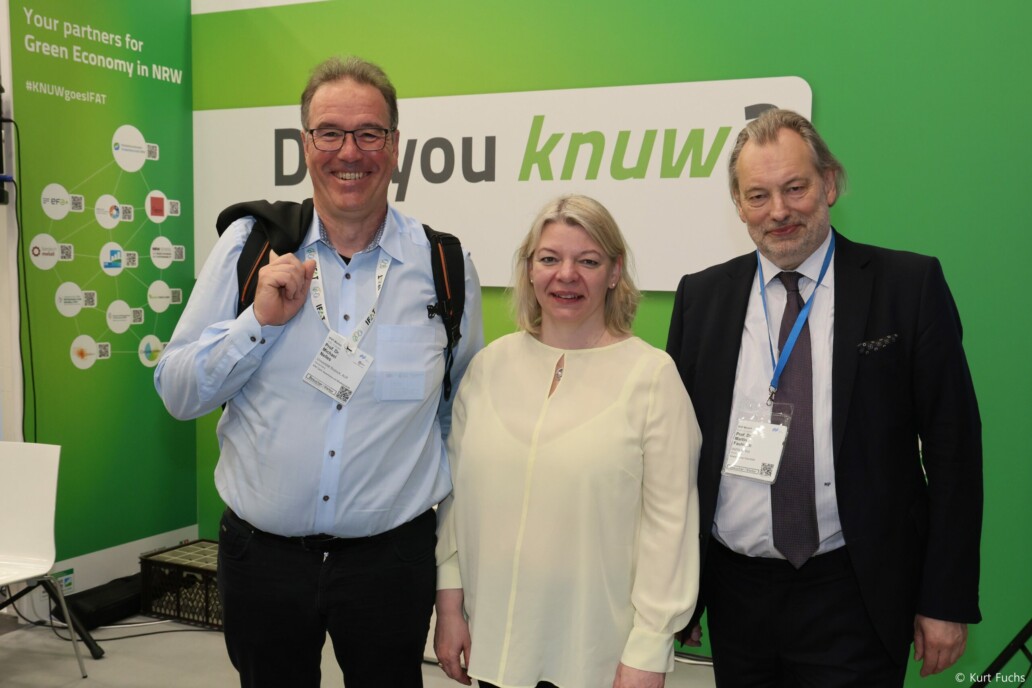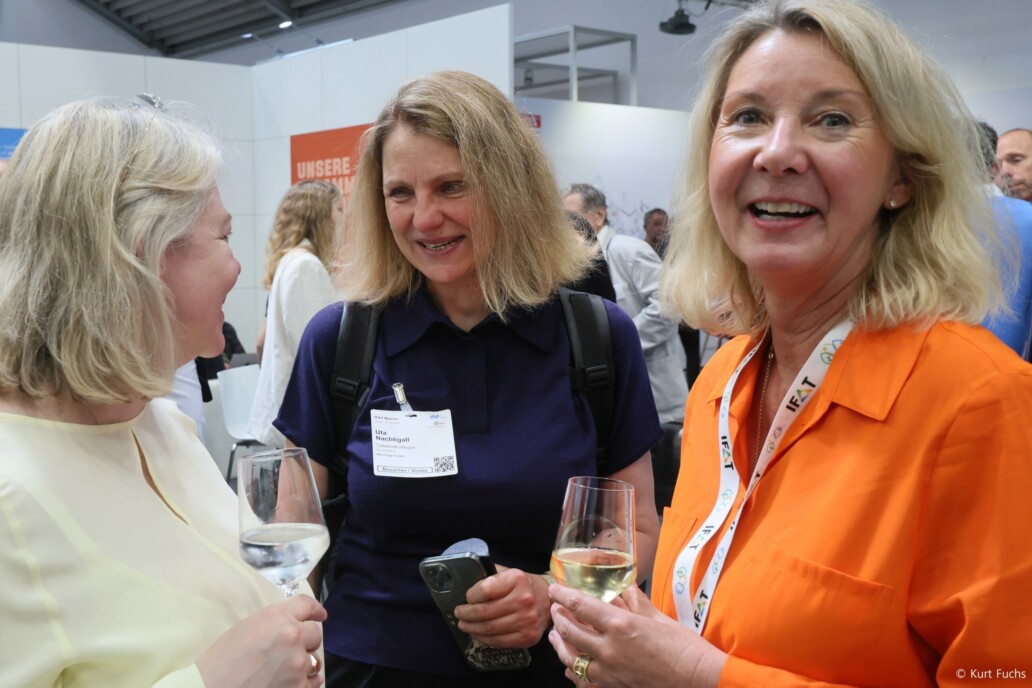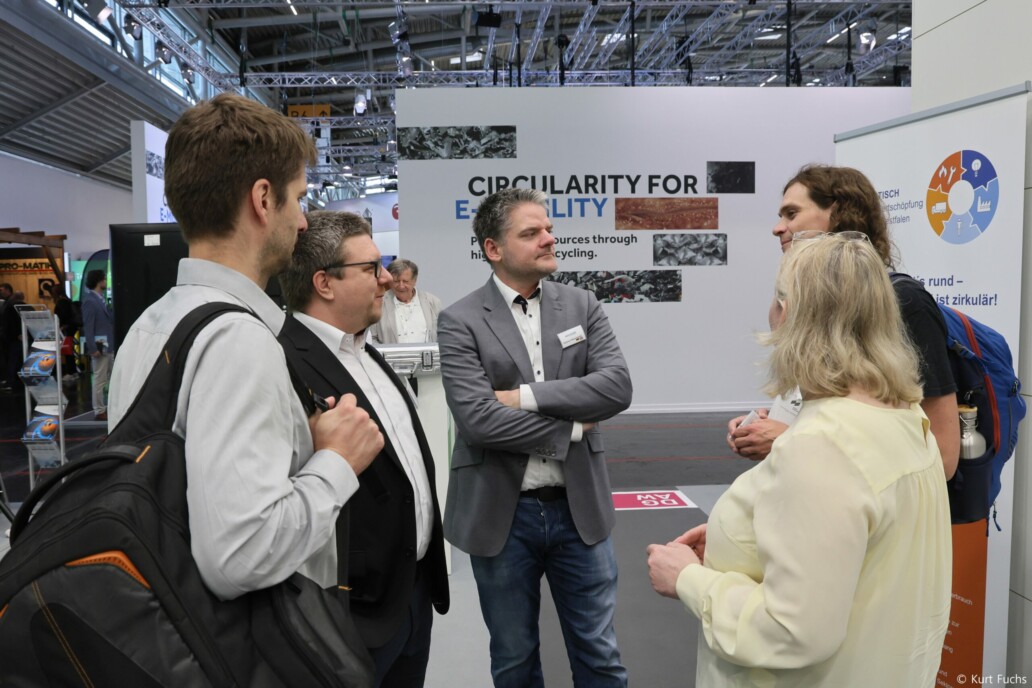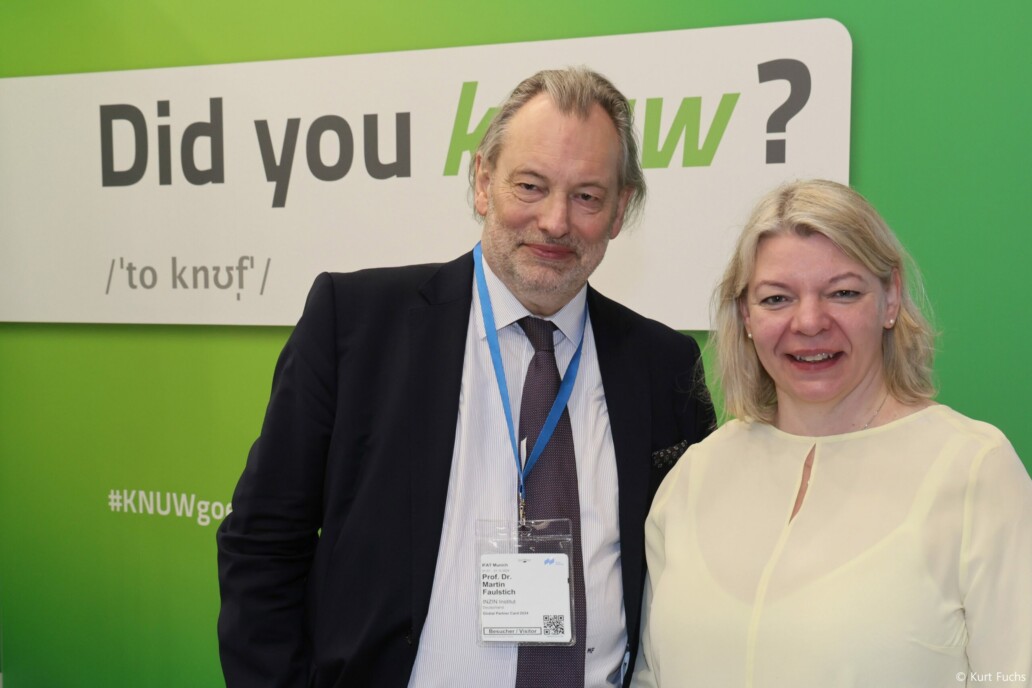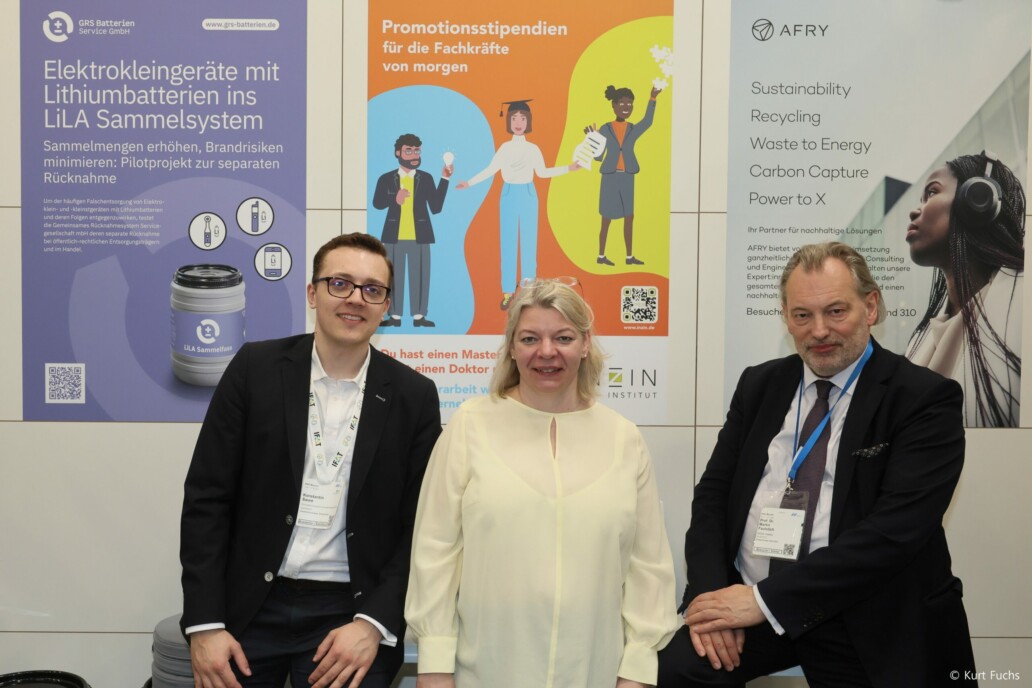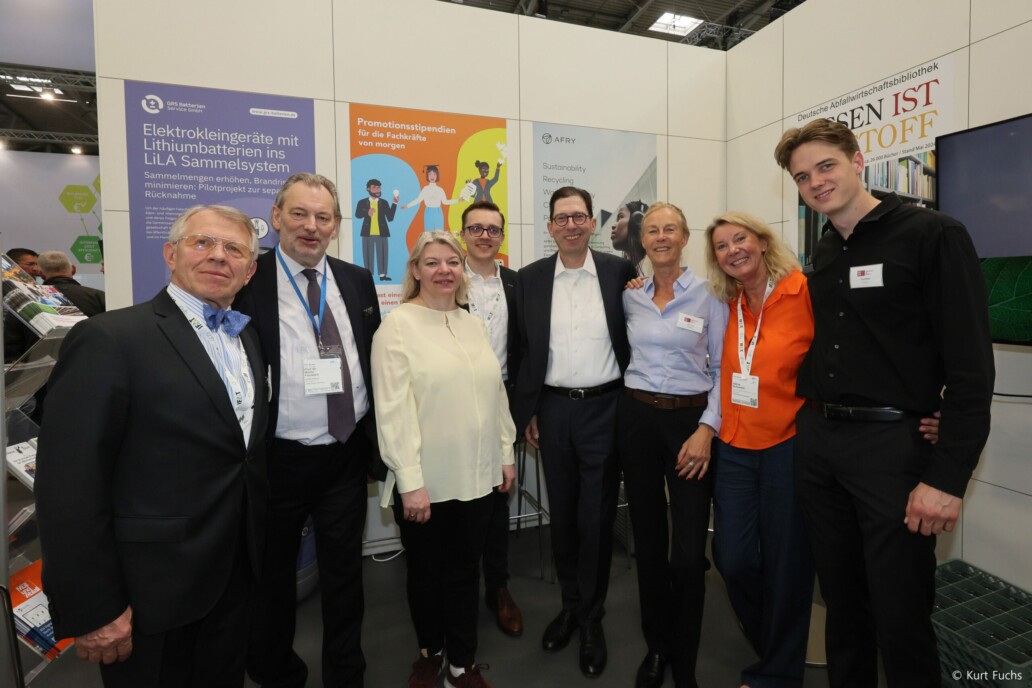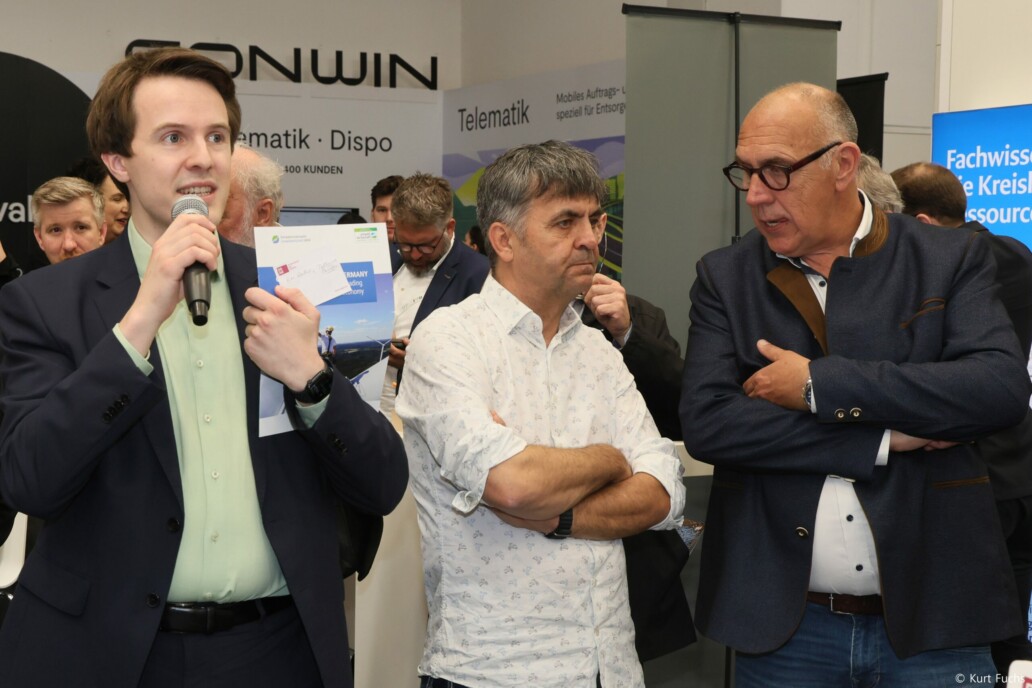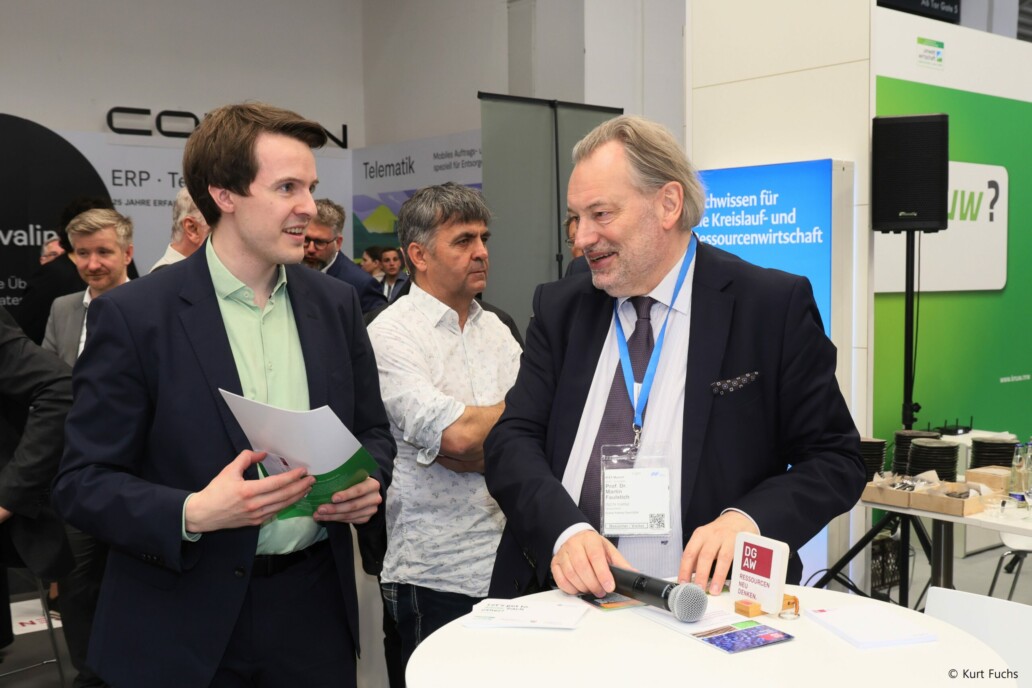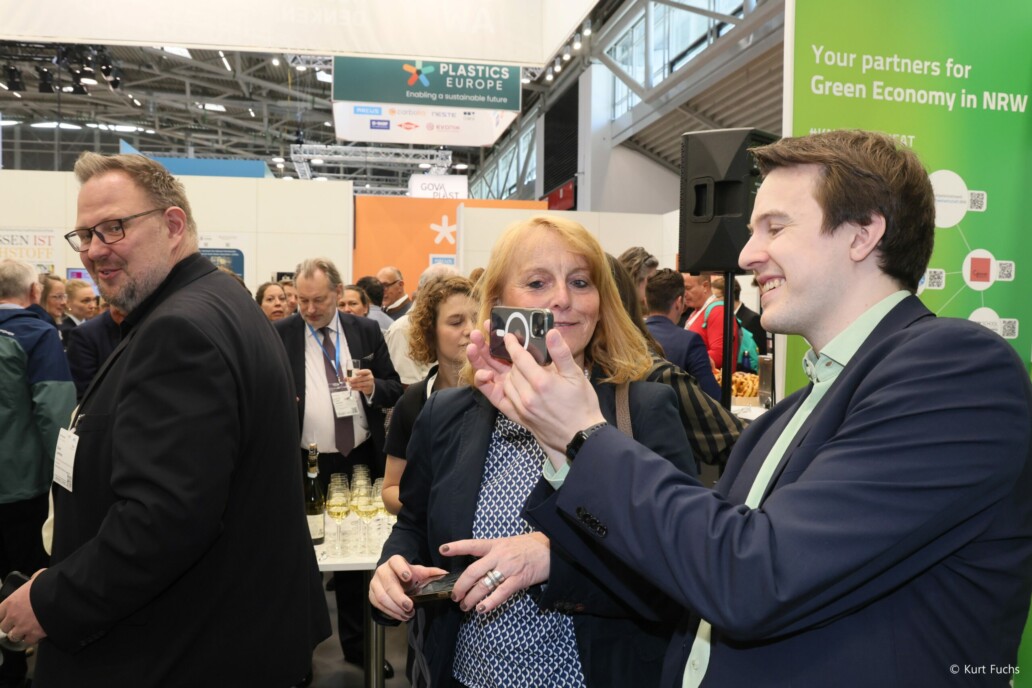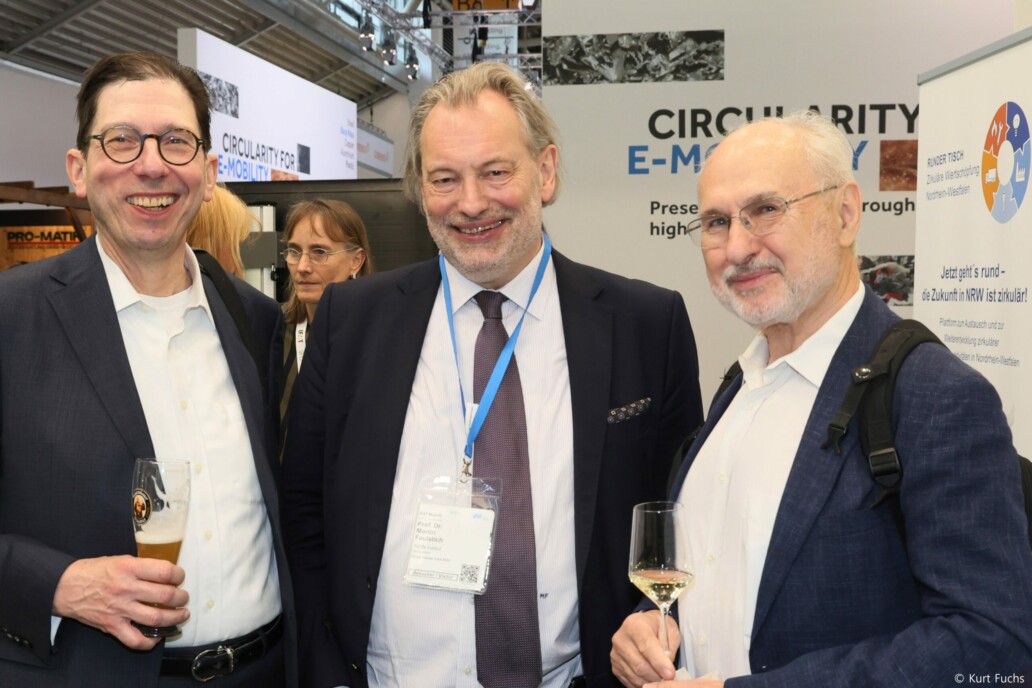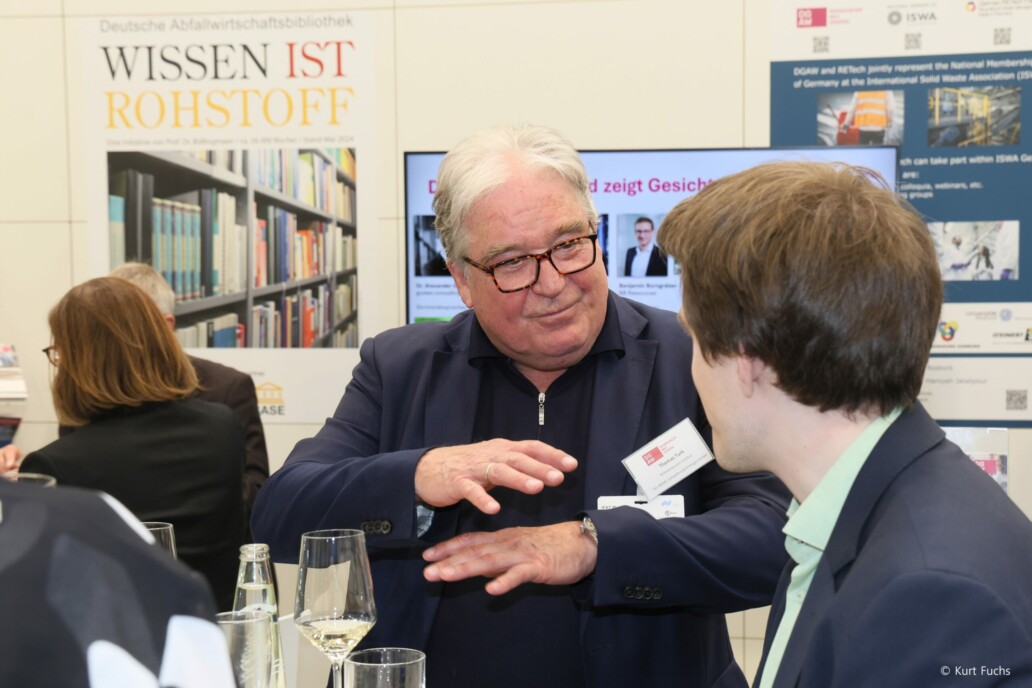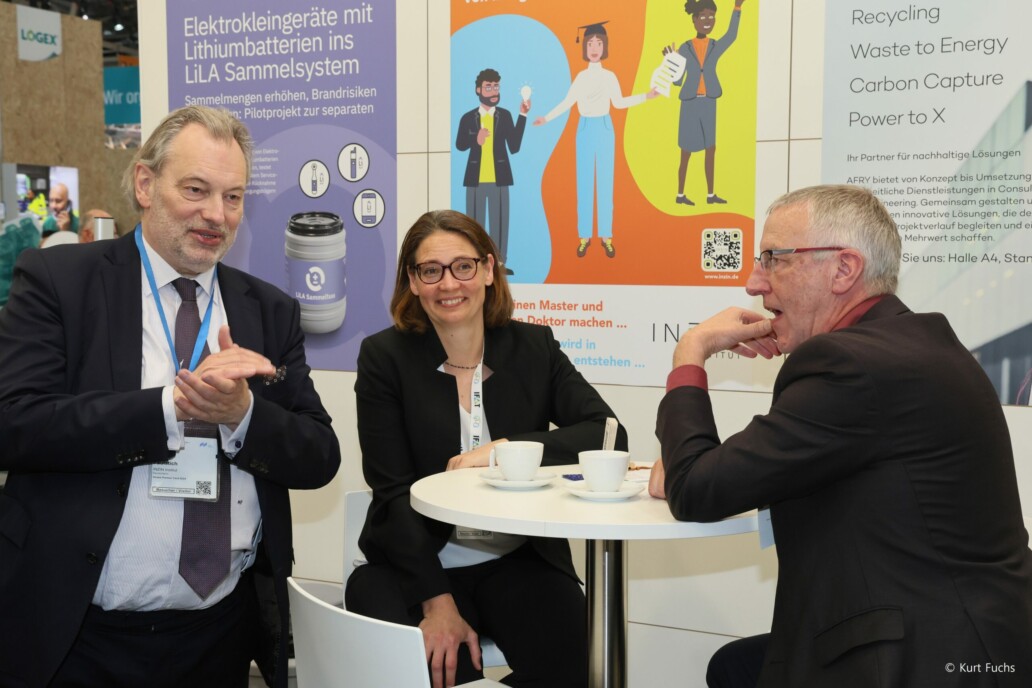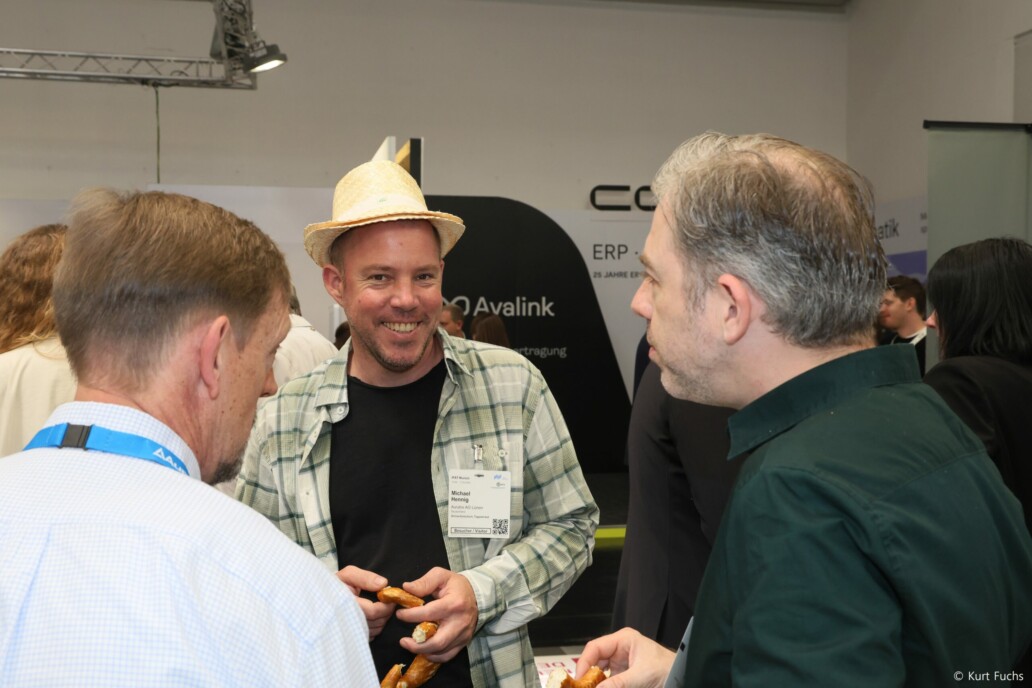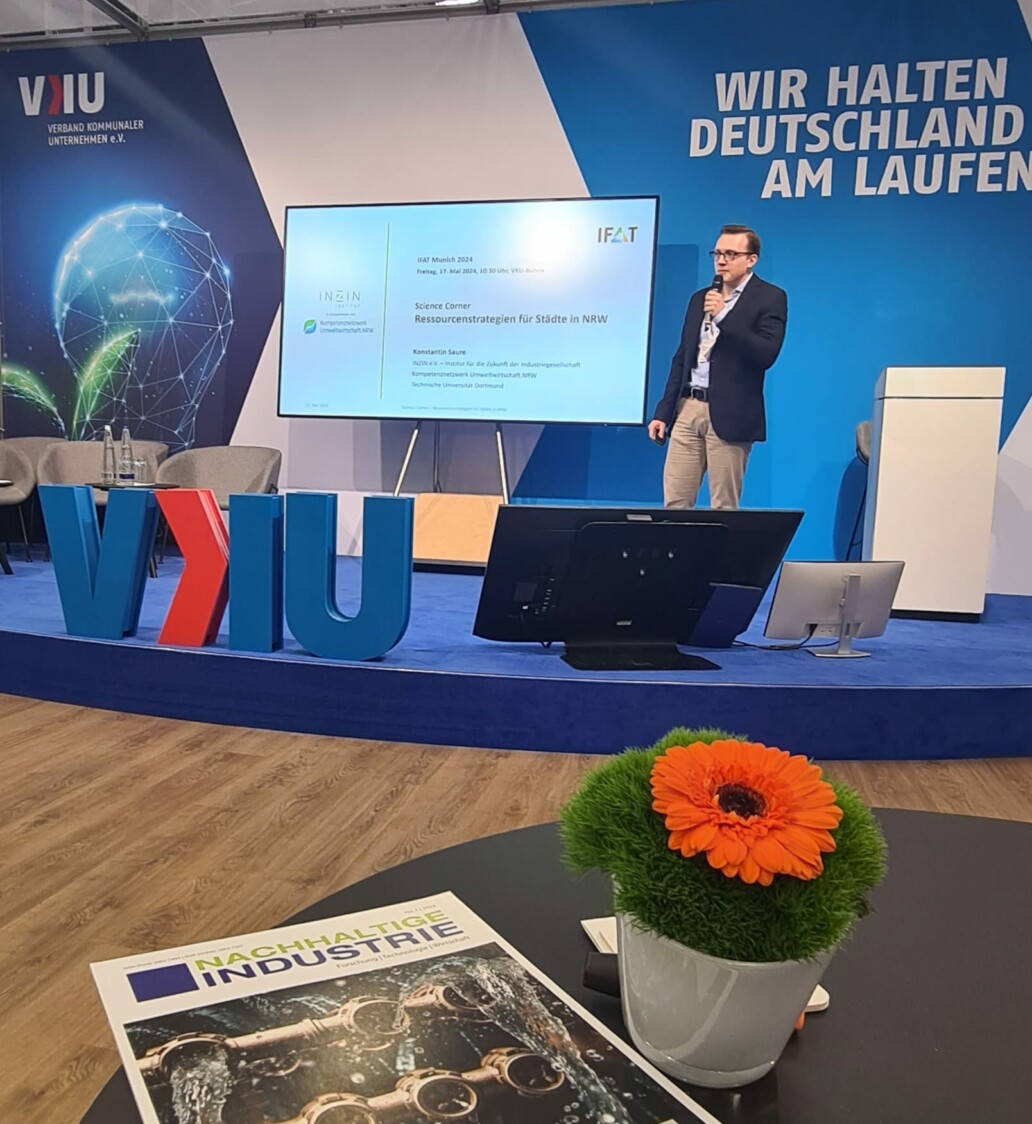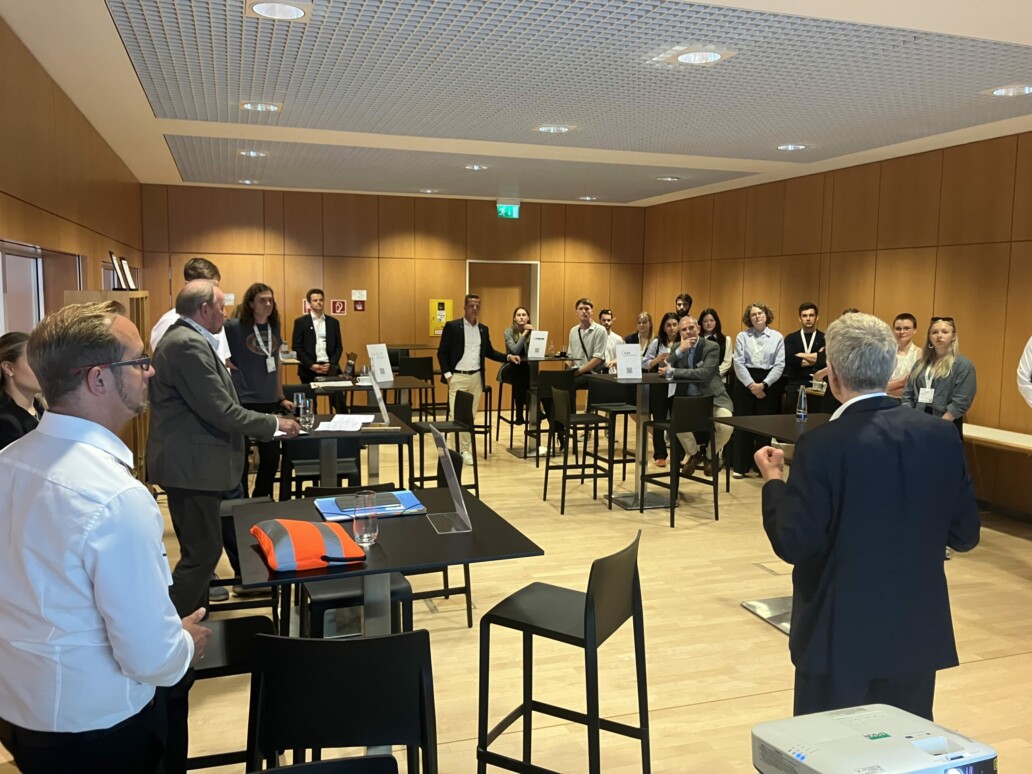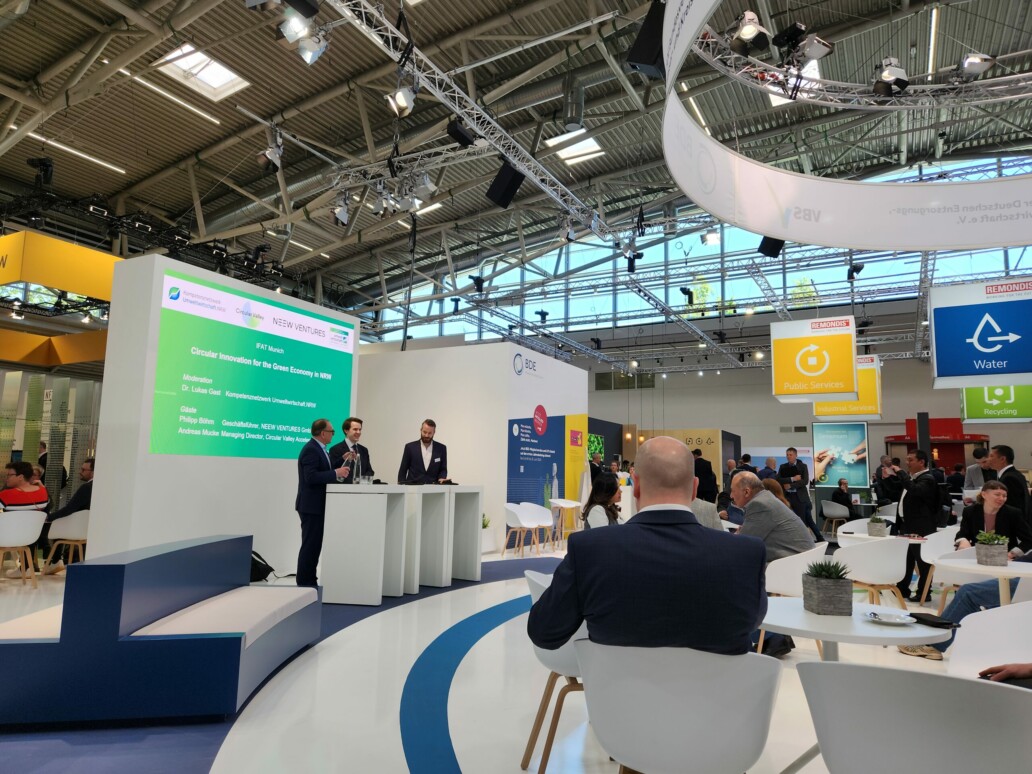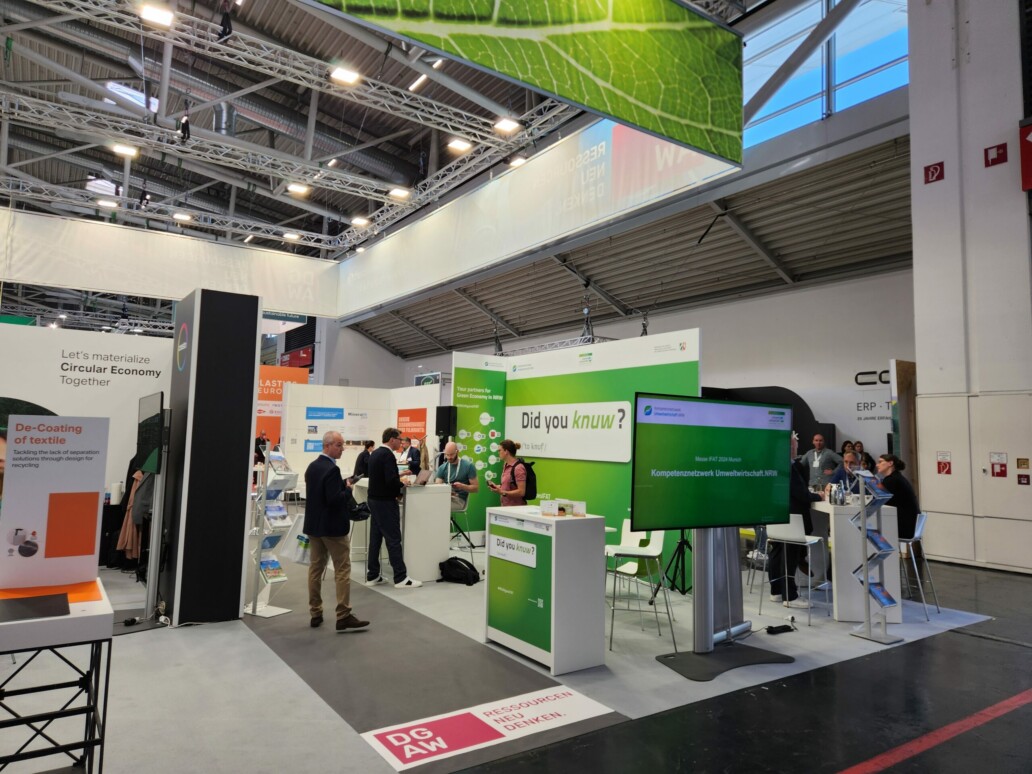Prof. Dr. Martin Faulstich as a guest at "Zukunftsorte"
Month: June 2024
How true is this theory? We discuss this in this episode. Our guests: Karin Teichmann from Euref and Professor Martin Faulstich from TU Dortmund University.
Several degree courses are currently being developed for the Euref campus in Düsseldorf, whose graduates will definitely earn their money with transformation. Furthermore, research is being carried out on the future topic of hydrogen.
The Euref campuses in Berlin and Düsseldorf are also teaching and research locations. In Berlin for a very long time. In Düsseldorf, the corresponding degree programs are just being created. The man pulling the strings is Martin Faulstich. He is a senior professor at the Technical University of Dortmund and research coordinator of the University Alliance Ruhr. His own research focus as an environmental and energy engineer: How can industrial companies in particular manage the change? He is on the Scientific Advisory Board of the Talent Campus and heads up the scientific activities at the Euref Campus Düsseldorf, which will be completed later this year.
The campus idea is also close to the heart of a woman who has been a guest on the Zukunftsorte podcast several times. Karin Teichmann is Spokeswoman of the Board of Directors of Euref AG.
How do you design new degree programs that are practical but don’t lose sight of the basics? What transformation issues do universities face and how do they tackle them? And what role does research play in the energy transition?
That was IFAT Munich 2024
Month: June 2024
Circular innovations for a green economy in NRW
The expert discussion with Andreas Mucke (Circular Valley) and Philipp Böhm (NEEW Ventures GmbH) was moderated by Dr. Lukas Gast (KNUW). The panel discussion provided an overview of new and existing circular business models, the innovation landscape in NRW with concrete examples of successful start-ups that address the challenges of the circular economy from digitalization and AI to product design and recovery through to recycling with the aim of closing material cycles and contributing to a circular economy.
Hydrogen and the circular economy are growing together in the Ruhr metropolis
The Ruhr region is one of the most important economic regions in Europe and, due to its energy-intensive industries, will need to have an even more extensive hydrogen infrastructure in the future. Key customers include the chemical and metallurgical industries, plant and mechanical engineering, the logistics sector and companies in the circular economy. Prof. Dr. Martin Faulstich and Christina Zollmarsch from Business Metropole Ruhr GmbH spoke about the potential and challenges of the regional hydrogen economy and its integration into the future circular economy in NRW.
Greenhorn meets Expert
At the Greenhorn meets Expert event, INZIN fellow Christian Großhauser presented the activities of the INZIN Institute. During speed networking, the “greenhorns” were able to exchange ideas with the “experts” and get to know their potential employer.
Science and business: shaping innovation together
During the panel discussion, which was moderated by Holger Lange (Stadtreinigung Hamburg), Prof. Dr. Martin Faulstich emphasized the relevance of cooperation between science and industry in order to drive innovation.Green Economy as a driver of innovation in NRW
Green Economy as a driver of innovation in NRW
At the event, which was chaired by Dr. Ewa Harlacz and INZIN scholarship holder Konstantin Saure, innovative start-ups from NRW presented their digital business models in the areas of circular economy, water management and mobility and showed how they can contribute to the sustainable development of the region.
HiiCCE Science Corner “Young science in the waste management industry”
As part of his presentation “Resource strategies for cities in NRW”, INZIN scholarship holder Konstantin Saure presented the current status of the circular economy in NRW and outlined possible future developments.
Other special highlights of IFAT Munich 2024 were the visit by State Secretary Viktor Haase and the signing of the “Circular Value Creation Round Table Charter”.
State Secretary Viktor Haase explained: “We want to make North Rhine-Westphalia the first climate-neutral industrial region in Europe. This transformation will be a major effort. However, we will only succeed if we manage to drive forward the ecological transformation and at the same time make our federal state one of the most sustainable and competitive business locations in Europe. In a modern economy, climate protection, the preservation of our natural resources, good jobs and social security are inextricably linked. The circular economy is an important lever for achieving this goal of transformation.”
Another highlight was the KNUW-DGAW joint brunch with over 50 participants from various companies and associations. With pretzels, veal sausage, wine and wheat beer, the penultimate day of the trade fair was heralded in a relaxed atmosphere and at the same time offered the opportunity for mutual exchange and networking.
We would like to thank all participants for their interest in our formats, DGAW for the joint stand and support and our colleagues from the KNUW team!
